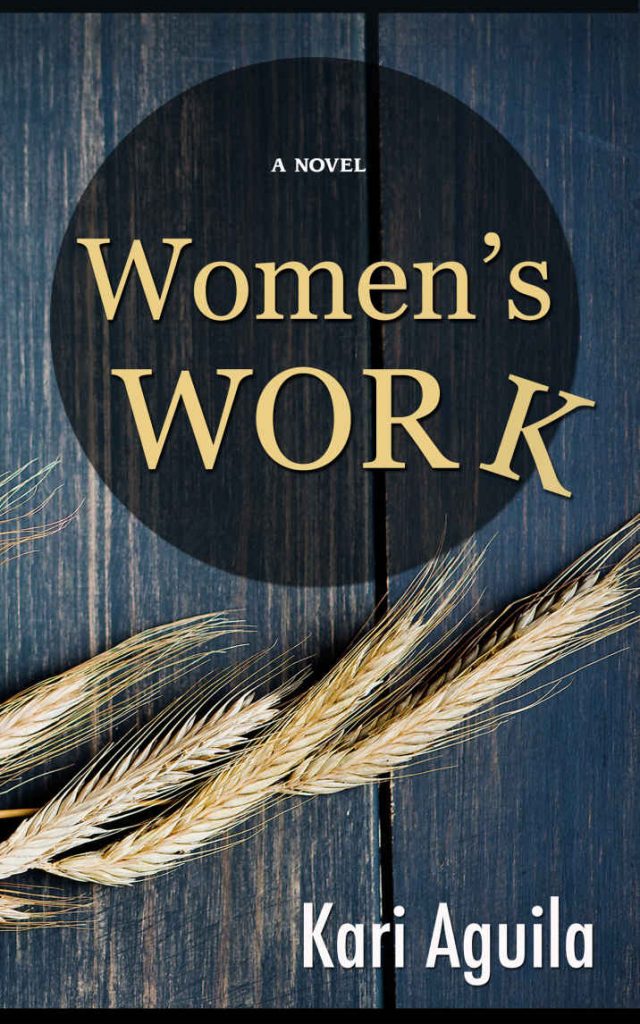
The novel is a fascinating study of the “othering” process and how dangerous it can be to mark a group as “not one of us.” Existing throughout history, it’s allowed some groups to wipe out others almost entirely. Aguila’s novel demonstrates how marginalizing one group can give the false sense of security when in fact it perpetuates discrimination and raises the chances of brutality. Not only that, the brutality is “justified” via this process. The mentality of “us” versus “them” doesn’t leave much room for a gray area and it slams the door shut on dialogue between two parties. Aguila doesn’t preach to the reader, but shows how this happens through her characters.
Kate narrows her eyes and takes a step closer. “No. For the first time in the history of the world, we don’t have to be afraid. Not of the good men in our neighborhoods, at least.”
“If you’re not afraid, then why keep the men locked away in your houses? Why take away all our rights and freedom?” His eyes flash, and there is the hint of venom in his voice.
The beauty of this novel is that her critique of society and what could happen is subtle. The author pulls you into the story slowly and effortlessly, careful not to overplay her hand. Right from the start, the descriptions immerse the reader into a new world.
SHE MOVES QUIETLY, mindful of her footfalls, to avoid the broken sections of blacktop. It has become her habit to walk cautiously, even in such well-used areas. Recent reports of raiders have made everyone wary of traveling alone. The woman listens for what might be coming around the next curve, or what might be hiding in the rubble of the burned-out buildings on both sides of her. The only sounds she hears are the rhythmic shush of her thin canvas pants and the subtle breeze rippling through the overgrown grass.
Another captivating aspect of this story is how people survive after the Last War. The author once again shows with descriptions of how her characters live. In today’s world things are easy. We flip a switch and a light turns on. Cell phones, grocery stores, cars, microwaves, and a hundred more gadgets that we may use at any given time are taken for granted. What would you do if you had to provide your own food, shelter, clothes—if you had to go back in time and take care of everything for yourself and your family? The reader is introduced to their way of life, including the hardships, the work, and scarcity. It’ll make you appreciate what you have now.
Kari Aguila’s novel is beautiful and terrifying all at once. Women’s Work doesn’t pull any punches. The story starts off methodically and the tension builds with each page, with characters and a story that lingers. At times it’s impossible to put the book down. However, try not to devour it too quickly since you may miss her beautiful descriptions of a life that may be on the horizon.
Links
Amazon
Barnes & Noble
Get an Editorial Review | Get Amazon Sales & Reviews | Get Edited | Get Beta Readers | Enter the SPR Book Awards | Other Marketing Services






















Leave A Comment